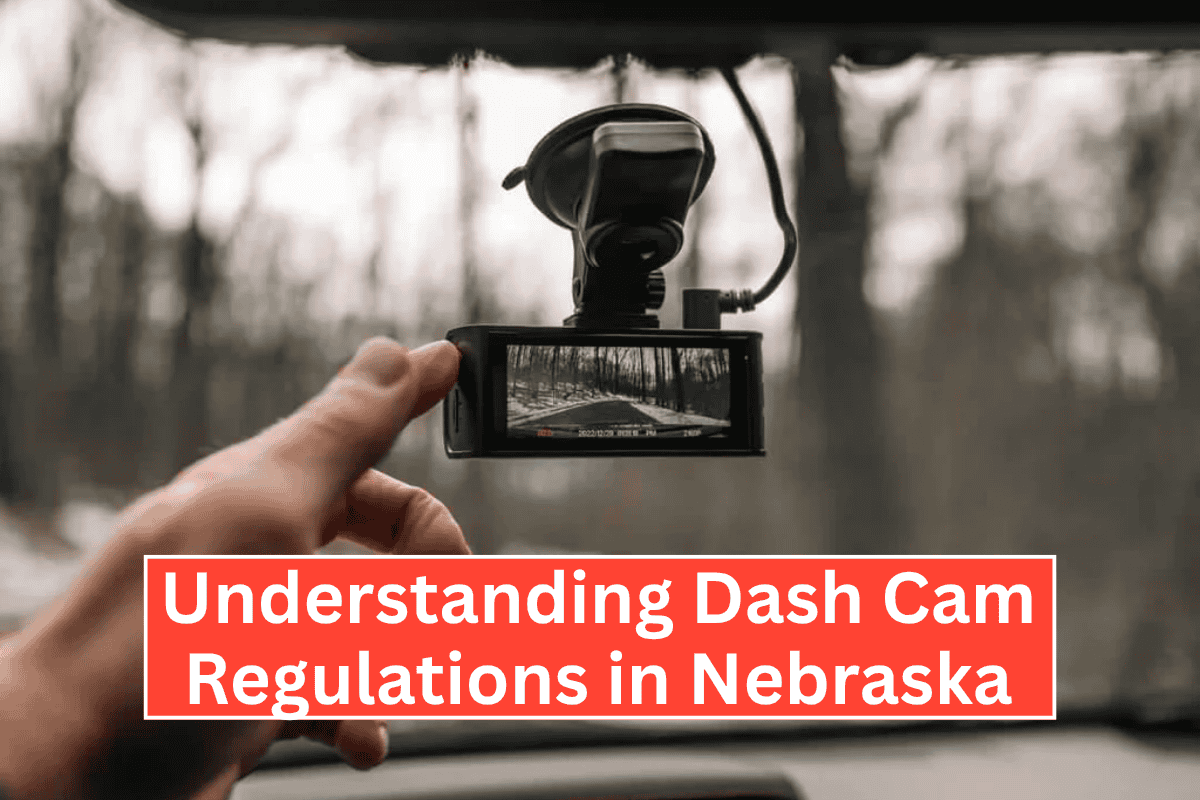With more focus on police transparency and public safety, body and dash cameras are becoming common tools for law enforcement. These cameras help record what happens during police work and can offer useful evidence in controversial situations. But what are the rules for using them in Nebraska?
Let’s take a closer look at the laws and policies about dash cams and body cams in Nebraska, how they work, and what both the police and the public need to know.
Are Dash and Body Cams Legal in Nebraska?
Yes, dash cams and body cams are legal in Nebraska. However, Nebraska doesn’t have one clear state law that controls how police use these cameras. Instead, each police department sets its own rules. This means what’s allowed in one city may not be the same in another.
Still, Nebraska has some general laws that affect how recordings are made and shared, especially when it comes to privacy and public records.
Privacy and Consent Laws in Nebraska
Nebraska has a wiretapping law (Neb. Rev. Stat. § 86-290) that usually bans recording private conversations without permission. But this law usually doesn’t apply to police officers who are recording while doing their job, as long as they follow their department’s policy.
Nebraska also has a Public Records Law (Neb. Rev. Stat. §§ 84-712 to 84-712.09). This law helps people get access to public records, which may include dash cam or body cam footage. But if a recording is part of an investigation or could invade someone’s privacy, it may not be shared with the public.
Local Police Policies: What’s Covered?
Since there’s no statewide rule, cities like Omaha have made their own rules. The Omaha Police Department started using body cameras in 2016 and set guidelines about when to use them, how to store the videos, and when footage can be shared.
These local policies often include:
When officers should turn cameras on and off
When recording is not allowed, such as with victims or in hospitals
How long videos should be kept before being deleted
Rules for who can access the recordings
How Are Dash Cams Used?
Dash cams are commonly found in police cars across Nebraska. Like body cams, they don’t have one statewide rule, but most departments have internal policies.
These usually cover:
When the camera should start and stop recording
How long the recordings are saved
How videos are used in investigations or in court
How to handle privacy and public record requests
Why Cameras Matter
Cameras help build trust and make things clearer during public and police interactions. Some major benefits include:
Providing proof during incidents and investigations
Reducing cases of police misconduct
Helping officers stay safe by preventing aggressive behavior
Offering video evidence that supports fair decisions in court
Serving as a training tool for better police behavior
Challenges for Law Enforcement
Even though cameras help, they’re not perfect. Police departments may face:
High costs for cameras and video storage
Privacy concerns from people being recorded
Questions about how long videos should be kept
Technical problems, like cameras not working
Making sure officers follow camera rules correctly
Nebraska doesn’t have a statewide law for body or dash cams, but most police departments have their own set of rules. These tools help both the police and the public by recording events and building trust. Still, issues like privacy, cost, and camera reliability need careful attention.
As more people ask for police transparency, Nebraska may update its laws in the future. Until then, both police and the public should understand the current rules and stay informed.












